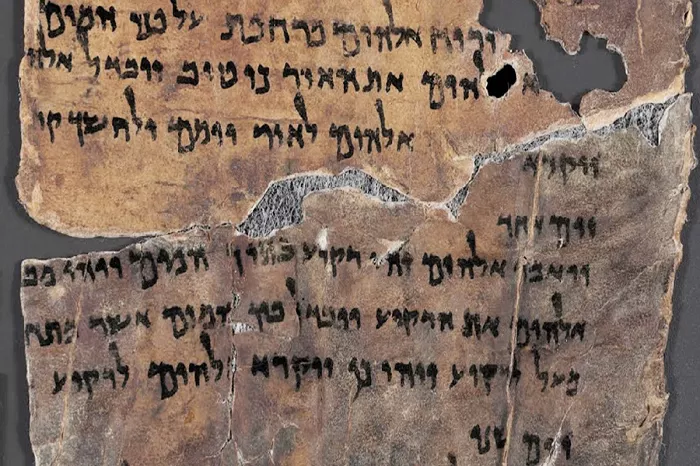Genesis is the first book of the Bible. It is known for its creation stories. In Hebrew, Genesis is called “Bereshit.” This word means “In the beginning.” This name comes from the first word of the book. Genesis sets the stage for the rest of the Bible.
The Name “Bereshit”
The Hebrew name “Bereshit” is significant. It shows the start of everything. The word is made up of two parts: “Be-” meaning “in” and “reshit” meaning “beginning.” Together, they mean “In the beginning.” This is a fitting title for a book that starts with the creation of the world.
The Structure of Genesis
Genesis is divided into two main parts. The first part is chapters 1-11. These chapters cover the creation of the world, the fall of man, the flood, and the Tower of Babel. The second part is chapters 12-50. These chapters focus on the patriarchs: Abraham, Isaac, Jacob, and Joseph. These stories are foundational for the rest of the Bible.
Creation and Fall
The first chapters of Genesis are about creation. God creates the world in six days. On the seventh day, He rests. These chapters describe the creation of light, sky, land, sea, plants, animals, and humans. Humans are created in the image of God. The fall of man is also in these chapters. Adam and Eve eat from the forbidden tree. This brings sin into the world.
See Also: What Did God Create on the Fourth Day of Creation?
The Flood and Babel
After the fall, sin spreads. God decides to send a flood to cleanse the earth. He saves Noah and his family. They build an ark and survive the flood. After the flood, people try to build a tower to reach the heavens. This is the Tower of Babel. God confuses their language and scatters them across the earth.
The Patriarchs
The second part of Genesis is about the patriarchs. These are the ancestors of the Israelites. The stories of Abraham, Isaac, Jacob, and Joseph are central. Abraham is called by God to leave his home. He is promised many descendants. Isaac is his son. Jacob is Isaac’s son. He has twelve sons. Joseph is one of them. He is sold into slavery by his brothers. But he rises to power in Egypt. These stories show God’s faithfulness.
Covenants in Genesis
Covenants are a key theme in Genesis. A covenant is a sacred agreement. God makes covenants with Noah, Abraham, and others. The covenant with Noah promises that God will never flood the earth again. The covenant with Abraham promises land, descendants, and blessing. These covenants are important for understanding the Bible.
Genealogies in Genesis
Genesis includes many genealogies. These lists of names show the lineage of key figures. They connect the stories of different people. They also show the fulfillment of God’s promises. The genealogies in Genesis are important for understanding the history of Israel.
The Language of Genesis
Genesis was originally written in Hebrew. Hebrew is a Semitic language. It is known for its rich vocabulary and poetic style. The Hebrew of Genesis is both simple and profound. It uses repetition and parallelism. This makes it memorable and impactful.
The Influence of Genesis
Genesis has had a huge influence. It is foundational for Judaism and Christianity. Its stories are well-known and often retold. They have inspired art, literature, and music. Genesis also raises important questions. It asks about the origins of the world and humanity. It explores themes of sin, redemption, and covenant.
Genesis in Jewish Tradition
In Jewish tradition, Genesis is part of the Torah. The Torah includes the first five books of the Bible. These books are also called the Pentateuch. Genesis is read and studied in synagogues. It is central to Jewish religious life. The stories of Genesis are recounted during various Jewish holidays. They are also used in ethical teachings and sermons.
Genesis in Christian Tradition
In Christian tradition, Genesis is also very important. It is seen as the beginning of God’s plan of salvation. The stories of creation and fall set the stage for the coming of Jesus. Many Christians read and study Genesis as part of their Bible reading. The themes of Genesis are often explored in sermons and Bible studies.
Conclusion
Genesis is a foundational book. Its Hebrew name “Bereshit” captures its essence. It begins the story of the Bible. It introduces key themes and figures. It shows God’s creation, humanity’s fall, and God’s plan for redemption. Genesis is rich in meaning and continues to inspire people today.


